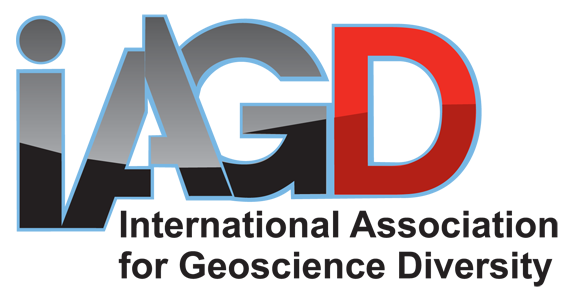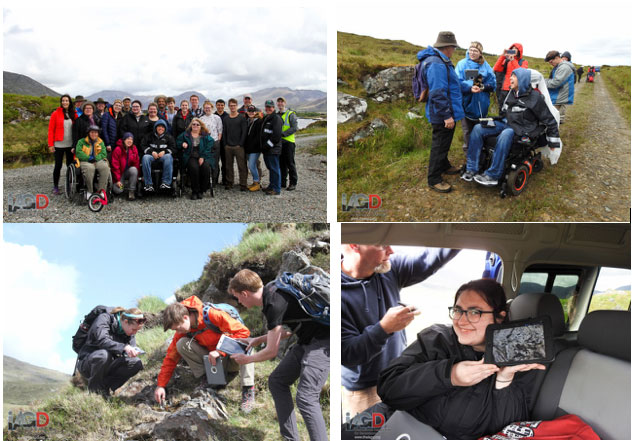IAGD IGER Award
The IAGD Inclusive Geoscience Education and Research (IGER) Awards recognize outstanding efforts in promoting, developing, and/or implementing inclusive instruction & research that encourages active engagement and participation of students and practitioners with disabilities in the geosciences. Recipients of these awards share the vision of the IAGD to fundamentally shift the culture of the geosciences by creating a climate of access and inclusion, celebrating the diverse abilities of all students and geoscientists, and fostering interest and engagement in geoscience academic and career pathways.
These awards are open to Earth science students, faculty and staff at all levels of academia (preK-Grad), as well as geoscience professionals, with or without disabilities, who exemplify what it means to live and work inclusively.
The IAGD will recognize one IGER Award winner for Teaching and one for Research each year selected from the entire pool of nominees. The 2018 IGER awardees will be formally introduced on Sunday, November, 4, during the IAGD Annual Meeting in Indianapolis, Indiana, USA.
For more information, and to submit a nomination, please visit: https://theiagd.org/inclusive-geoscience-education-and-research-iger-awards/
Mark your calendars for these exciting IAGD-sponsored events!
• June 4th: IAGD-United Kingdom kickoff Party at Burlington House – London
• July 19 – 20: IAGD Workshop “Universal Design in Earth Education: Approaches to access and accommodation for a more inclusive STEM experience” at the Earth Educators Rendezvous – Lawrence, Kansas (https://tinyurl.com/IAGD-EERworkshop)
• September 2 – 9: IAGD-United Kingdom Accessible Field Course – Isle of Anglesey
• November 2 – 3: IAGD-GSA Accessible Field Trip – Mammoth Cave, Kentucky
• November 4th: IAGD Annual Meeting & 10 Year Celebration Event






